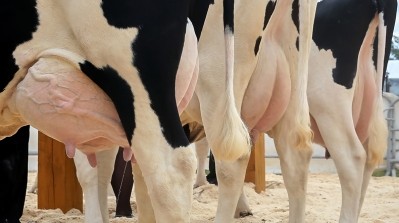French farm minister says ‘Oui’ to non-GMO regulation for gene edited crops

The European Court of Justice (ECJ) ruled in 2018 that organisms obtained by mutagenesis plant breeding techniques, or gene editing, are GMOs and should, in theory, be regulated under the GMO Directive.
That ruling was praised by NGOs, but the EU agribusiness sector described it, at the time, as a serious blow to plant science and a hindrance to future innovation in the sector.
In an interview given in early January and published by a number of farming media agencies, including Agra Presse, earlier this month, French farming minister, Julien Denormandie, said he disagreed with the ECJ ruling.
“NBTs are not GMOs,” he said.
“This (NBT) technology allows much quicker development of a variety that could have emerged naturally at some point, and that is a very good thing,” added the minister, saying NBTs should not to be regulated like GMOs.
FEFAC president, Asbjørn Børsting, told us last month that the ability of farmers to get access to improved plant breeds is of extreme importance.
A critical milestone anticipated by those EU feed industry representatives this year is the publication by the EU Commission of its report on new genomic techniques. “That publication should inform the debate around regulation in relation to plant breeding innovation in the EU,” said Børsting.
This month saw the UK government launch a consultation into gene editing of crops and livestock.
Speaking at the Oxford Farming Conference, where the consultation was launched, UK environment secretary, George Eustice, said:
“Gene editing has the ability to harness the genetic resources that mother nature has provided, in order to tackle the challenges of our age. This includes breeding crops that perform better, reducing costs to farmers and impacts on the environment, and helping us all adapt to the challenges of climate change. Its potential was blocked by a European Court of Justice ruling in 2018, which is flawed and stifling to scientific progress. Now that we have left the EU, we are free to make coherent policy decisions based on science and evidence. That begins with this consultation.”








